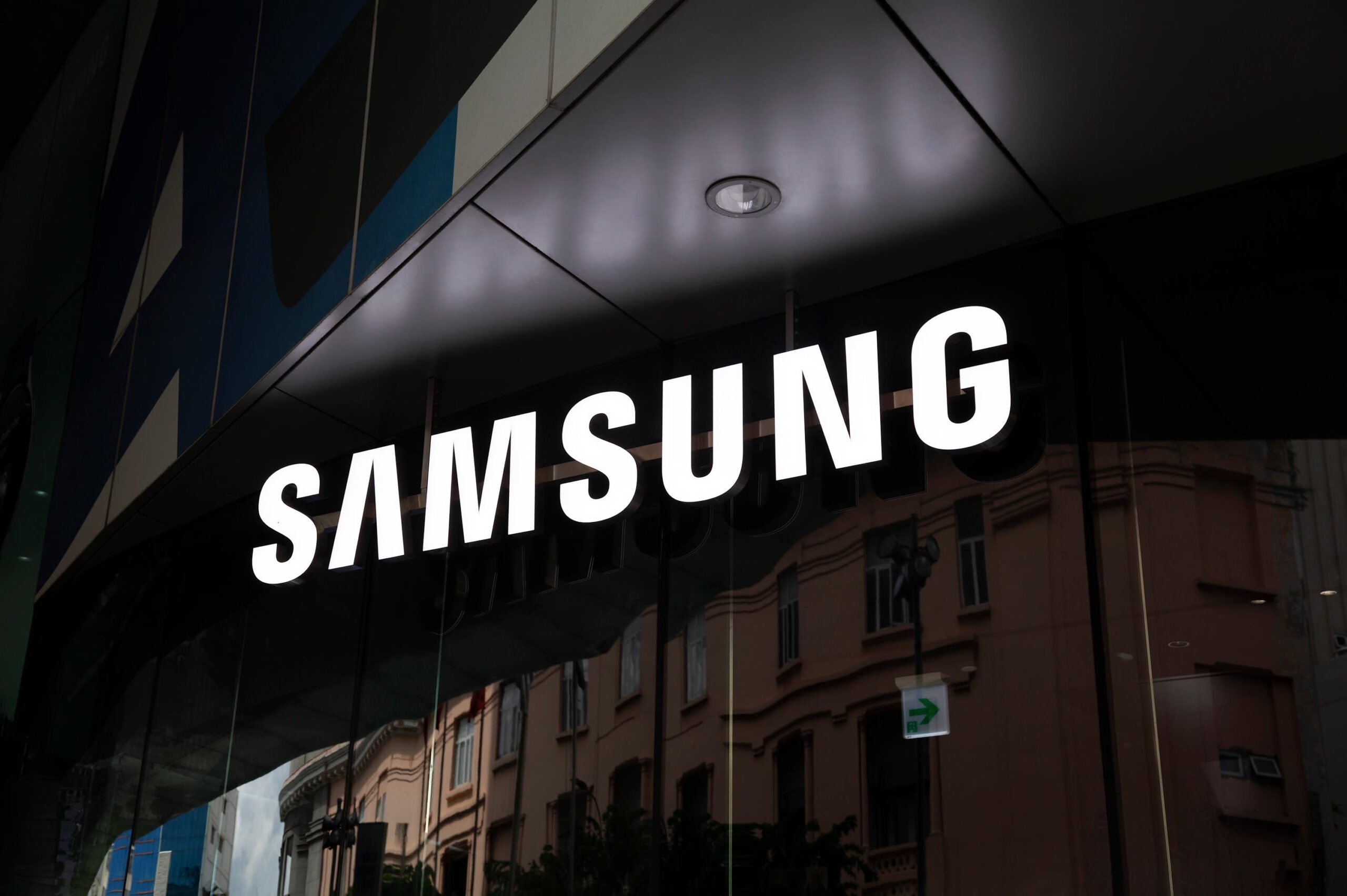Samsung fans are eagerly anticipating the release of the Galaxy S25 series early next year. However, rumors about pricing and chipset decisions are sparking discussions. The Galaxy S25 lineup is expected to run on Qualcomm’s Snapdragon 8 Elite chipset, as Samsung’s in-house Exynos 2500 seems unlikely for most markets. Despite this, the Exynos 2500 has appeared in benchmark tests, raising curiosity about its potential.
But what’s causing concern is the possible price increase for Samsung’s future flagships, including the Galaxy S26 series. Industry experts point to rising chipset costs from Qualcomm, which could force Samsung to raise smartphone prices. Let’s explore what this means and why it might happen.
Qualcomm’s Snapdragon Chips Are Getting Pricier
Qualcomm’s Snapdragon 8 Elite chipset is a powerhouse, but its price is significant. Reports suggest that Qualcomm charges manufacturers around $190 per chip for the current generation. Considering that flagship smartphones like the Galaxy S25 are typically priced near $999, the chipset alone accounts for nearly 20% of the retail price, before factoring in other components like displays, memory, cameras, and batteries.
Looking ahead, Qualcomm is rumored to increase the price of its next-generation Snapdragon 8 Elite chip, potentially exceeding $200. The main reason? The next chip will likely use TSMC’s N3P node, an advanced 3nm manufacturing process. This improved process promises better performance, with up to 20% gains in efficiency and power. However, these technological upgrades come at a higher cost, which Qualcomm may pass on to manufacturers.
How Chip Prices Impact Samsung’s Flagships
Rising chipset costs pose a significant challenge for Samsung and other smartphone makers. Higher component costs erode profit margins, often resulting in higher retail prices. For example:
- Galaxy S24 Ultra saw a price increase of $100 in some markets earlier this year.
- A similar trend could follow for the Galaxy S25 and the Galaxy S26, especially if Qualcomm continues raising prices.
While Samsung has a strong partnership with Qualcomm, including custom “for Galaxy” Snapdragon editions, the rising costs might still impact flagship pricing globally.
Exynos 2500: A Potential Comeback?
Despite Qualcomm’s dominance, Samsung hasn’t abandoned its Exynos chips. Recent benchmark results show the Exynos 2500 tested in a Galaxy S25 Plus prototype. On Geekbench 6, the Exynos 2500 scored 2358 in single-core and 8211 in multi-core tests. These scores are competitive but still lag behind the Snapdragon 8 Elite, which reaches 3127 and 9509 in the same tests.
The Exynos 2500 chipset features a 10-core CPU configuration, with the following specifications:
- 1 prime core clocked at 3.3GHz.
- 2 high-performance cores at 2.75GHz.
- 3 mid-performance cores at 2.36GHz.
- 2 efficiency cores running at 1.8GHz.
The chip also includes the Xclipse 950 GPU, built on AMD’s RDNA architecture, offering advanced features like Vulkan 1.3 support and improved rendering capabilities.
Challenges for Exynos and Samsung’s Foundry
While the Exynos 2500 shows promise, its mass production faces challenges. Samsung’s Foundry division reportedly struggles with 3nm process yield rates, estimated to be as low as 20%. These yield issues make it unlikely for the Exynos 2500 to power the Galaxy S25 series. Instead, it could debut in devices like the Galaxy Z Flip 7 in late 2024.
What Does This Mean for Samsung Fans?
If Qualcomm continues to raise chipset prices, future Galaxy S-series devices like the Galaxy S26 may see noticeable price increases. However, Samsung’s efforts to refine the Exynos chip line show potential for cost optimization and performance improvements in the long term.
For now, the Galaxy S25 series is expected to rely on Snapdragon globally, delivering high performance at a potentially higher price. The Exynos 2500, while not yet ready for prime time, signals that Samsung is still in the race to develop competitive in-house chips.
Conclusion
The smartphone industry is evolving, with advancements in chip technology driving costs higher. For Samsung, balancing performance, innovation, and pricing will be critical in the coming years. While the Galaxy S25 series will likely carry Snapdragon chips, the Exynos 2500 could emerge as a game-changer in the future—if Samsung overcomes production hurdles. Until then, customers should prepare for premium features but potentially higher price tags for flagship devices.






